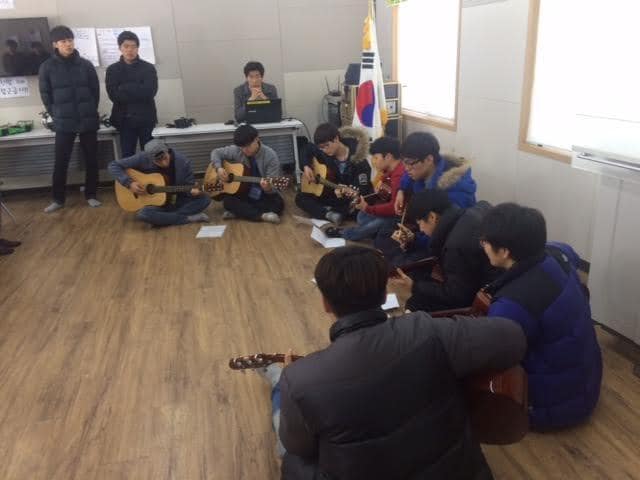Although compulsory schooling exists in Germany, it happens that children who are permanently abnormal in their behaviour, who “break up” lessons or who are often absent without an excuse are excluded from the class. But what then happens to these children? This is explained by a teacher.
“Nothing works anymore” – was the slogan at the beginning of this year for a nine-year-old from southern Hesse. The primary school pupil, who is considered to be normally intelligent and should actually be in the third grade, refused to attend regular classes for weeks on end, was a massive nuisance or did not even want to enter the school grounds. Attempts to change the misery by changing classes or schools were unsuccessful. In May, the authorities ordered the suspension of schooling. Instead, individual lessons were given and parents were advised to apply for socio-educational family assistance in order to find out the causes of the problems.
Dormant compulsory schooling
In the media, the boy was repeatedly described as “untrainable” – a term that pedagogue Wera Bleimehl does not find appropriate. In the state-approved special school for educational assistance “Schule am Geisberg” she has to deal with similar cases on a daily basis with the main location in Wiesbaden and an extension in Darmstadt: “The expression “unschoolable” discriminates and gives the impression that children are there for school and not the school for the children. It is correct to speak of compulsory schooling as dormant”, the teacher told the parents’ editorial office of t-online.de.
That says the school law to the Ausschulung
But until one pupil’s compulsory schooling is officially suspended, the responsible teachers, in consultation with the parents, first try to improve the situation by, for example, transferring the child to another class or school. Only when these alternatives have been exhausted can the final consequence be the suspension of compulsory schooling in a general school. The school management, a class conference and the school inspectorate must agree to this measure. If necessary, the Youth Welfare Office can also be consulted. This is regulated in the school laws of all federal states.
There it is also clearly defined when schools and authorities are entitled to this step. Section 53 of the North Rhine-Westphalian School Act, for example, states that such measures are only permissible “if the pupil has seriously jeopardised or violated the fulfilment of the school’s tasks or the rights of others through serious or repeated misconduct”. Similar consequences can also result from frequent unexcused absences.
The chance of a new start at school
Although at first glance a schooling might seem like a punishment and exclusion, it is actually the first step towards a new beginning with the aim of helping affected pupils with behavioural problems to stabilise and to reintegrate into normal school life in the long term. This is usually to be achieved through special learning offers within the framework of special domestic instruction or in special schools, which are initiated in coordination with the representatives of the school office and possibly also with the support of the youth welfare office. Such measures are also offered by the “Schule am Geisberg”, which looks after around 160 pupils in Wiesbaden and 24 in Darmstadt, where Wera has been teaching lead flour for around seven years.
Trained pupils come from all social backgrounds
Most of their students are between eleven and 17 years old, two thirds of them boys, one third girls. “The children and young people who learn here are no dumber or less gifted than others, some are even highly gifted. And – contrary to some prejudices – they come from all social classes,” the teacher reports. “Mostly they have attracted attention through aggressive behaviour, verbal failures or constant truancy. More and more often, however, we also have pupils – often girls – who have a school phobia and are unable to cope with stress and pressure because they usually have major problems at home or are traumatised by strokes of fate in their private surroundings.
Support through support measures and socio-educational accompaniment
A maximum of six months of support is to be given to children who have completed their schooling so that they can then attend a normal school again. Parallel to this, there is the possibility that the pupils, who are also often accommodated in residential groups during this time, can be assisted by social pedagogues commissioned by the Youth Welfare Office. In addition to the teachers, they are permanent contact persons outside the school and – if desired – also look after the children and young people during their leisure time in order to absorb them socially and emotionally during the difficult phase of their lives.
Expert: “We want to strengthen the resources and increase the self-esteem of the children”.
The teachers of the school also pursue this goal. “Our basic attitude is: We only trust our pupils to do good and communicate this clearly,” explains Bleimehl. “We want to discover and strengthen the resources of the children, who often find themselves unable to act and powerless, and thus increase their self-esteem. This is the key to success,” says the educator. The intensive individual care and support, however, only works in small groups. There are a maximum of five students per class at the “Schule am Geisberg” in Darmstadt.

Conscious reflection on one’s own behaviour and school performance
However, the trained children are still not packed in cotton wool and protected. They learn the same subject matter in the respective subjects, which is determined by the educational standards of the respective years and school types. And they also write class tests and get grades. Only the learning atmosphere is now different and the pupils reflect continuously on their everyday school life. After each lesson, they use a form to report back on how they experienced themselves in class.
Visit https://ozarksteenchallenge.com for more details




